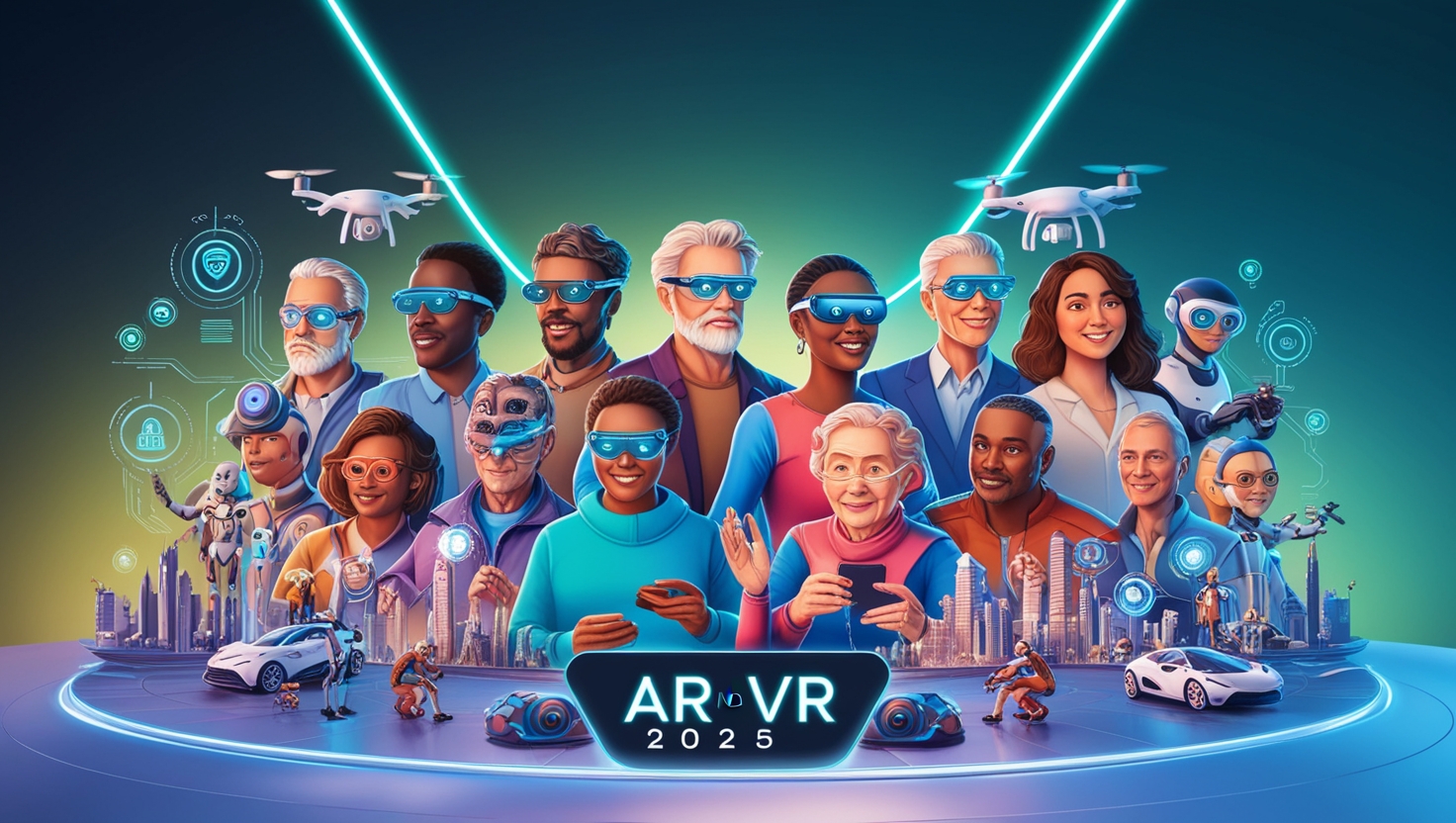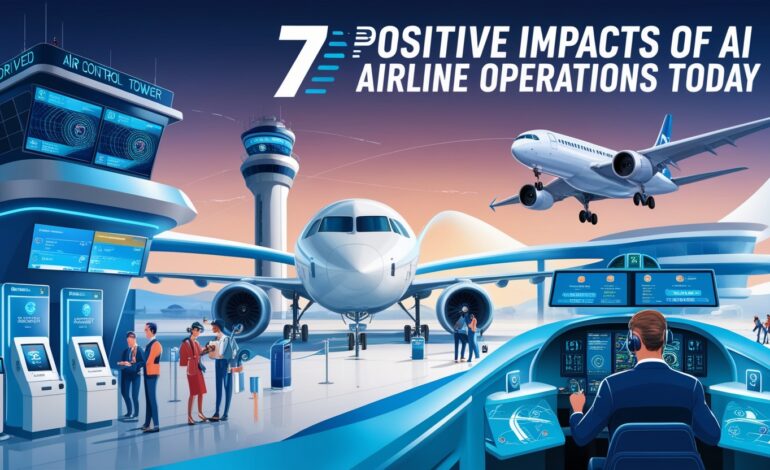
Technological advancement especially in the application of AI in airline operations is rapidly changing the nature of the aviation industry. For example, it was established that AI in the global airline market was valued at $1.3 billion in 2023, with possibilities to reach approximately $5.8 billion by 2030.
Developed self-implementing algorithms for optimum fare calculation to AI-driven customer support chat bots, the use of artificial intelligence in the airline business is pervasive and has increased with encompassing goals of increasing productivity, cutting costs, and improving the passenger experiences’ quality.
There is a report that shows that due to implementation of AI the airline delays have been cut by 30 % thus saving time and money and also increasing the satisfaction of customers.
Table of Contents
ToggleAI in Airline:
Changing the Course in Air Traffic Control
Today, the utilization of AI technology has reached air traffic control known as ATC, stands to simplify multiple processes associated with air traffic management and increasing safety and efficiency.
When traveling becomes habitual by air such tradition is often put to test by way of the soaring community air traffic. AI in airline business gives the prospects in figuring out of the efficient flight, avoiding collision, and enhancing the pilot and air traffic controllers conversation.
Streamlining Air Traffic Management with AI in Airline
- Enhanced Safety: AI makes safety better by considering the scenarios of the complicated and then offering data that would enhance the safety capability.
- Efficient Management: Saves them time and energy, and eliminates some of the work undertaken by air traffic controllers.
- Scalability: Able to handle rising traffic levels of airborne activities when international mobility increases.
Optimizing Flight Paths and Preventing Collisions through AI in Airline
- Advanced Algorithms: Depending on the length of the journey, weather forecasting, aircraft speed, traffic density in the air space, AI is able to advise on the best routes to be taken.
- Fuel Efficiency: Helps save fuel by notifying the drivers of shorter routes, more efficient and that saves fuel.
- Collision Prevention: Analyses the locations of aircrafts in operation and identifies cases of possible collisions while recommending for appropriate rectifications.
Enhancing Communication Between Pilots and Controllers
- Real-Time Communication: It also enhances quick exchange of information between pilots and air traffic controllers thus reducing on delay.
- Improved Situational Awareness: Improves the awareness of the air traffic situation both for pilots and controllers.
- Automation of Routine Tasks: Redistributes controllers allowing them to focus on intricate cases thus enhancing overall organization for airspace.
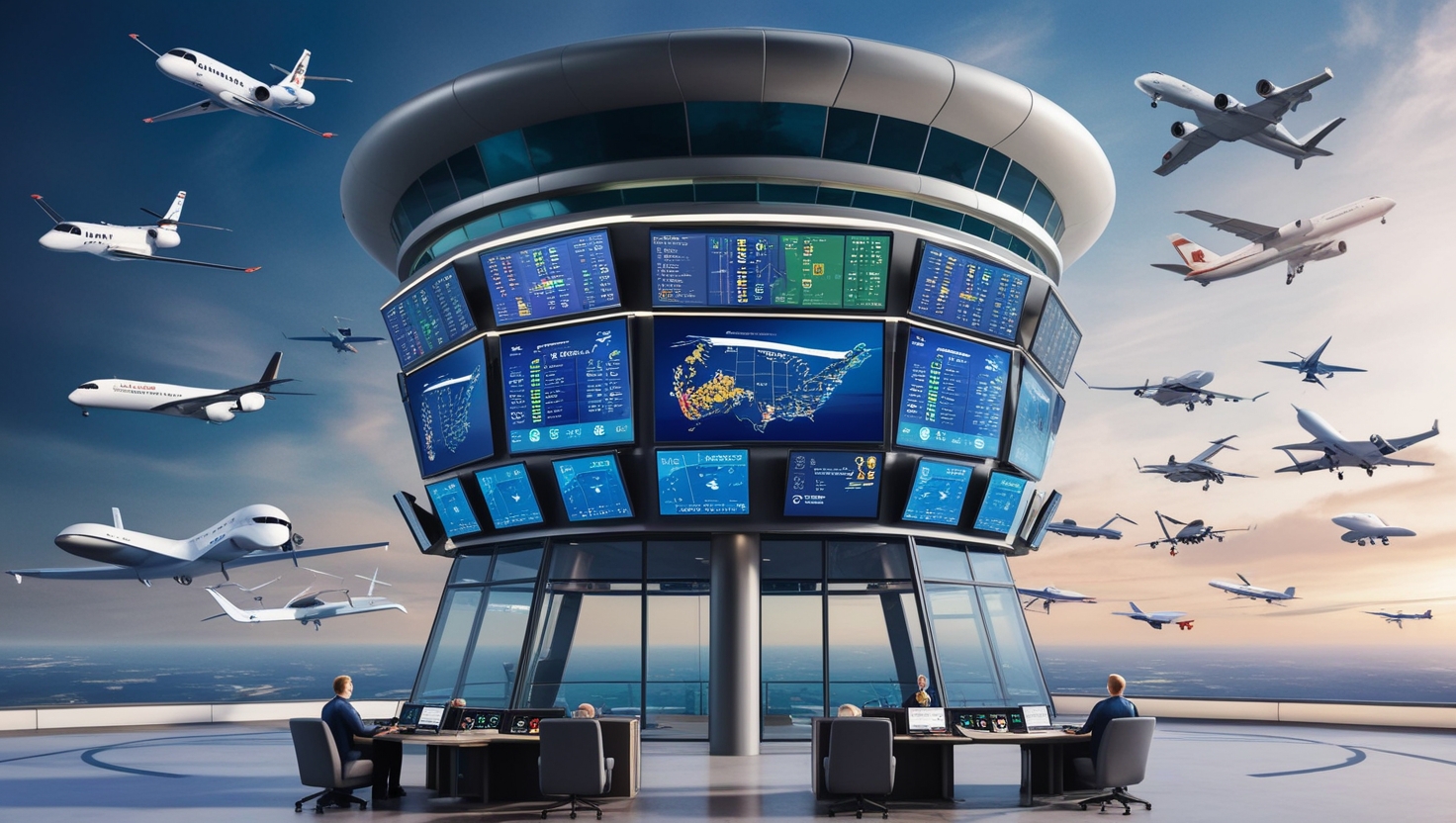
Application of Predictive Maintenance Technique
in the Airlines Industry
Yes, it is true that aviation industry is today changing with advent of predictive maintenance that allows the airlines to maintain the aircraft in the most efficient way. This approach is based on AI and involves predicting possible mechanical problems that can occur affecting business and making it safer and more efficient.
1. Minimizing Downtime with AI: Successfully implemented it means airlines can decrease unprogrammed airplane out-of-service time by 20%, and thus – greatly enhance productivity and economies of performance.
2. Improved Fleet Efficiency: These improvements mean that maintenance can be effected at the most opportune time and this greatly reduces flight delays and cancellation.
3. Lift Operations: The identification of precursors to failure enhances the safety of the passengers since main problems are corrected before evolving to damaging levels.
4. Cost-Effective Maintenance: Predictive maintenance minimizes the required of emergency repairs which are expensive as well as time taking. This solution brings down operational costs mainly due to optimization of maintaining human resource in terms of the maintenance crew as well as the spare parts.
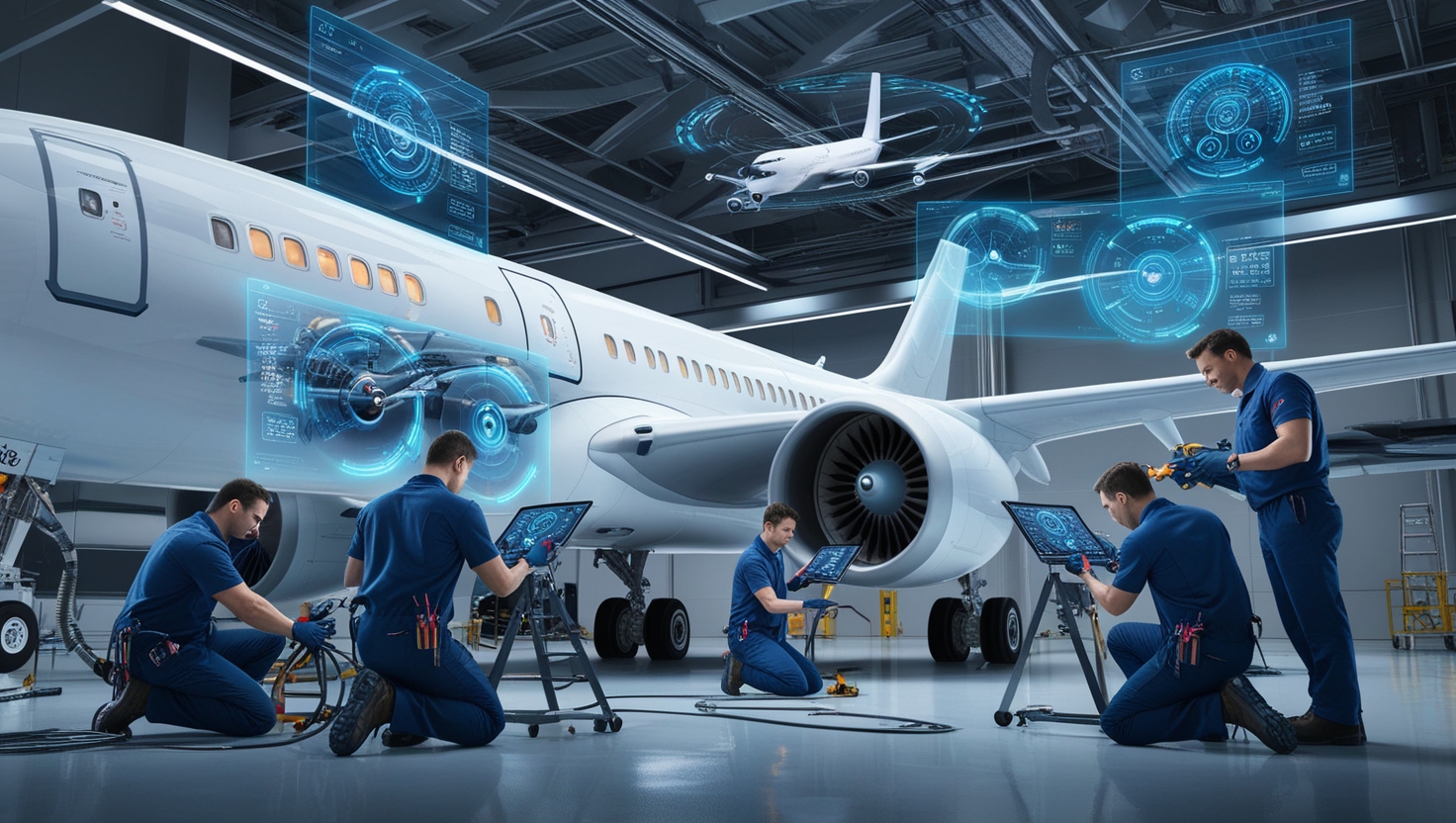
AI in Dynamic Pricing Models
AI has added a level of dynamism in the way that airline companies approach the issue of pricing through dynamic pricing models. In this case, through the use of artificial intelligence, the airlines shall be able to design real time optimum pricing strategies that would ensure the highest airline revenue and at the same time satisfying the clientele.
1. Achieving Better Sales with the Help of Artificial Intelligence: AI involves things like market trends, historical data, desired consumers, and competitor prices in order to flexibly change the cost of air travel.
2. Better Customer Services: AI assists airlines in devising optimal promotional and offer strategies since consumers are provided with the best promotion possible given their consuming behavior.
3. Increased Operational Capacity: Automated pricing strategies are convenient because it allows airlines to make quicker decisions and better meet market forces to increase their profit margins and outdo their rivals.
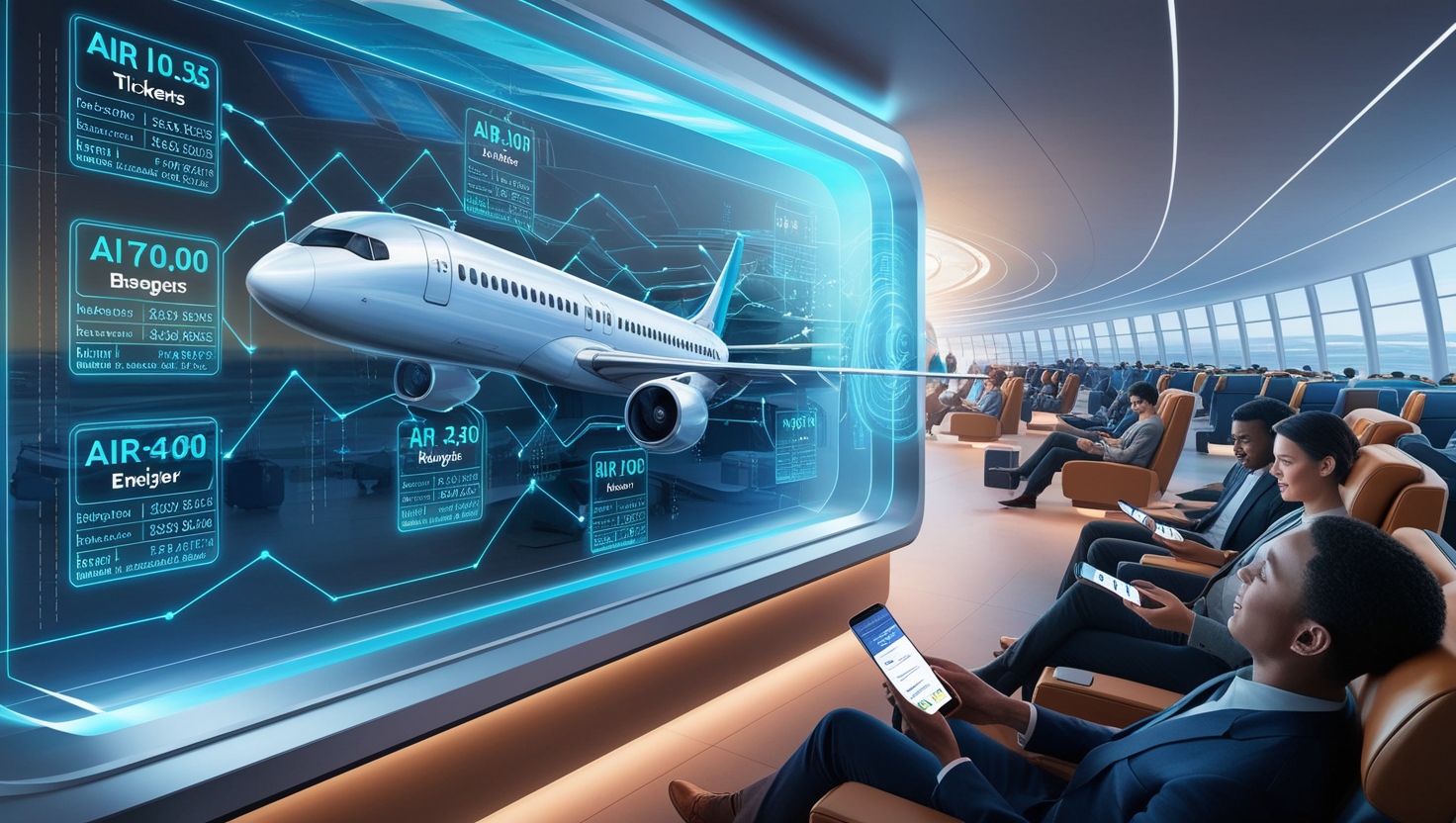
AI-Customized Travel Journeys
Artificial Intelligence (AI) is imposing a drastic change in the travel industry centred on win-win moments for the traveller. Here are three significant ways AI is enhancing travel journeys:
1. Tools of AI for Evaluating Consumer Behavior
Customer data and preferences are analyzed by the use of artificial intelligence that travel agencies and platforms employ in their business. These tools use algorithms to collect and analyze data input from different places such as previous bookings, search engines, and social media. The key functionalities include:
Data Analysis: Machine learning makes suggestions of destination and activity by analyzing the behavioral data of the customers, for example, recommending beach trips for those who have always visited beaches.
Personalized Recommendations: Travel-specific recommendations are proposed, including activities and options as well as accommodations and meals.
Dynamic Pricing: About product pricing, AI changes the price depending on the market price so that the travelers are charged fairly.
2. AI Chatbots for Around the Clock Customer Service
AI chatbots redefine the space of customer support in the travel industry because users can engage whenever they want to.
Instant Query Resolution: The prime use of chatbots is the capability to respond to simple queries like flight status and amendments in the bookings, thus increasing the level of customer satisfaction.
Personalized Assistance: Current generation chatbots incorporate information from previous conversations into responses and recommend earlier traveling experience and upcoming bookings.
Multilingual Support: AI chatbots interact in several languages which come in handy if the clients are foreigners.
3. Improving passengers’ in-flight experience
Personalized Entertainment: Companies have their passengers’ favorite movies and music recommended by artificial intelligence systems.
Smart Cabin Services: AI determines choices of meal and nutrition requirements by passengers and will give them preferred meals on flight.
Comfort Optimization: AI can change settings like the temperature and lighting inside a cabin depending on a specific passenger’s comfort level for a flight.
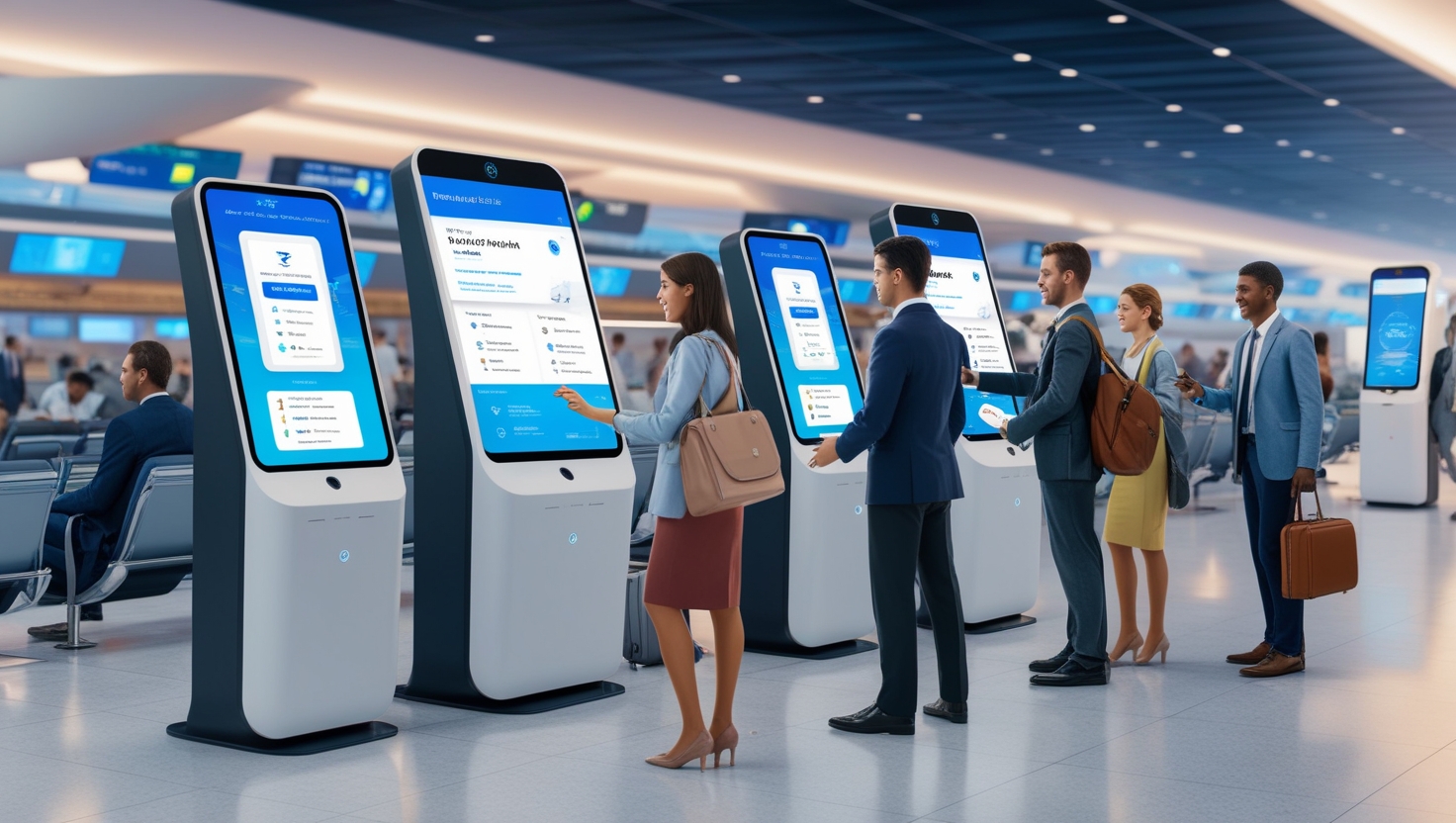
Fuel Economy and Green Issues
AI optimizing aircraft trajectories for fuel consumption
The technology has changed the way providers in the aviation industry design effective flight paths which increase fuel efficiency. Using an array of information with the help of advanced AI, the most appropriate flight plan is selected based on such factors as the weather conditions, traffic depth, and fuel consumption per flight. Real-time data for flights helps the airlines in protection of fuel and the cost incurred in operation and improvement of the proficiency.
Adoption of Artificial Intelligence for Sustainable Business Development
Carbon Footprint Reduction: Companies apply artificial intelligence in flying in order to reduce the emissions of carbon, and popularize environmentalist flights.
Fuel Consumption Reduction: AI is used by the flight companies to enable them to cut fuel usage on a single flight by as much as 5%.
Cost and Regulatory Compliance: By using AI, businesses save costs and manage to meet the legal requirements of the environment.
Specific Application Use Cases of AI in Fuel Management
Operational Optimization: Many big airlines companies utilize AI systems, which help to make the procedures of taking off and landing more efficient.
Reduced Fuel Burn: Successful adaptation of AI has demonstrated reduced fuel consumption during taxiing and climbing modes.
Future Advancements: AI advances also means the potential for even better fuel usage efficiency and thus travel sustainability in the future.
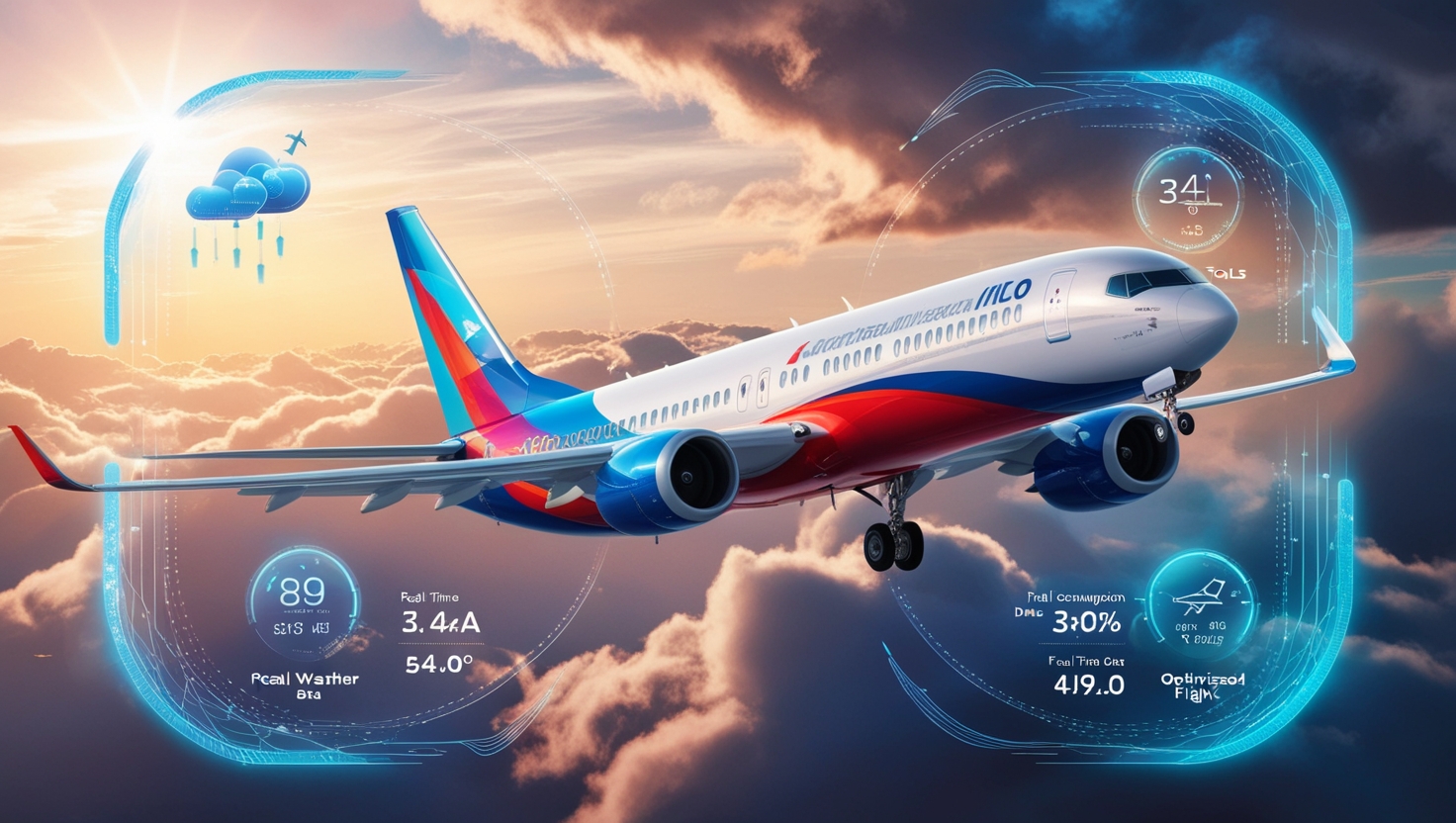
Instant Flight Operation Management Using Artificial Intelligence
Managing flight operation on an onset by means of artificial intelligence empowers an airline to control all aspects of its business in realtime. AI algorithms increase effectiveness in data analysis and problem-solving: safety and minimizing delays will be a result in satisfaction of the clients.
Streamlining Pre-Flight Operations: One of the ways that help in route planning is in case of bad weather, traffic control, and fuel consumptions to plan a safe and shortest way possible.
Enhancing In-Flight Decision-Making: AI assistance for takeoff and landing offers decision-making for pilots in rapid moments of complex decisions, enhancing the awareness and control of the environment.
Real-Time Operational Updates: AI avails constant tracking and timely reporting on flight processes and activities, enabling the crews track problems that they may prevail and tackle them before they occur thus improving efficiency and passengers’ satisfaction.
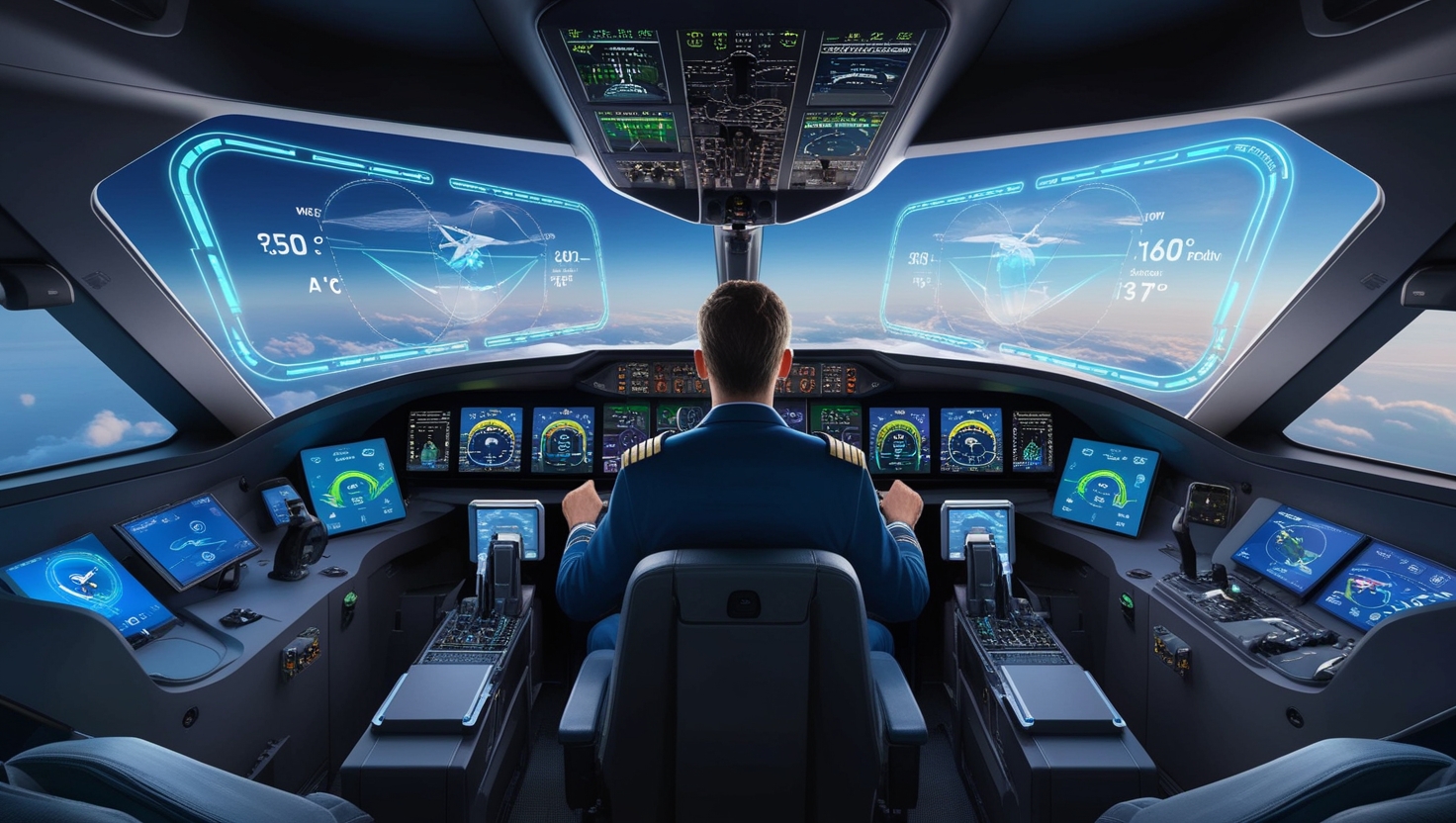
AI for Shallower Airline Security
AI is enhancing airline security through the use of technologies like facial and biometrics recognition and artificial intelligence surveillance systems to identify security threats and improve passengers screening. Despite achieving these aims in a preferential way, these innovations increase the effectiveness of security measures that contribute to improving the general travelling experience and help airports not only to increase the overall level of security by identifying suspicious activities and prohibited items much more effectively comparing with the employment of traditional methods.
Strengthening Security Measures: AI technology is very useful in improving security in airlines by identifying threats and also managing screening of passengers to encourage safe journey through fast processing of data.
Advanced Identification Technologies: Touchless identification technologies such as facial recognition and biometric systems allow for the identification of travelers, which lowers the time travelers spend in lines and increases security during check-in and boarding.
AI-Powered Surveillance and Scanning: AI policing involves real-time video surveillance for surveillance of activities that may be considered by the AI as suspicious, while there is efficient identifying of prohibited items in luggage through the use of new technologies in scanning that involve use of algorithms.
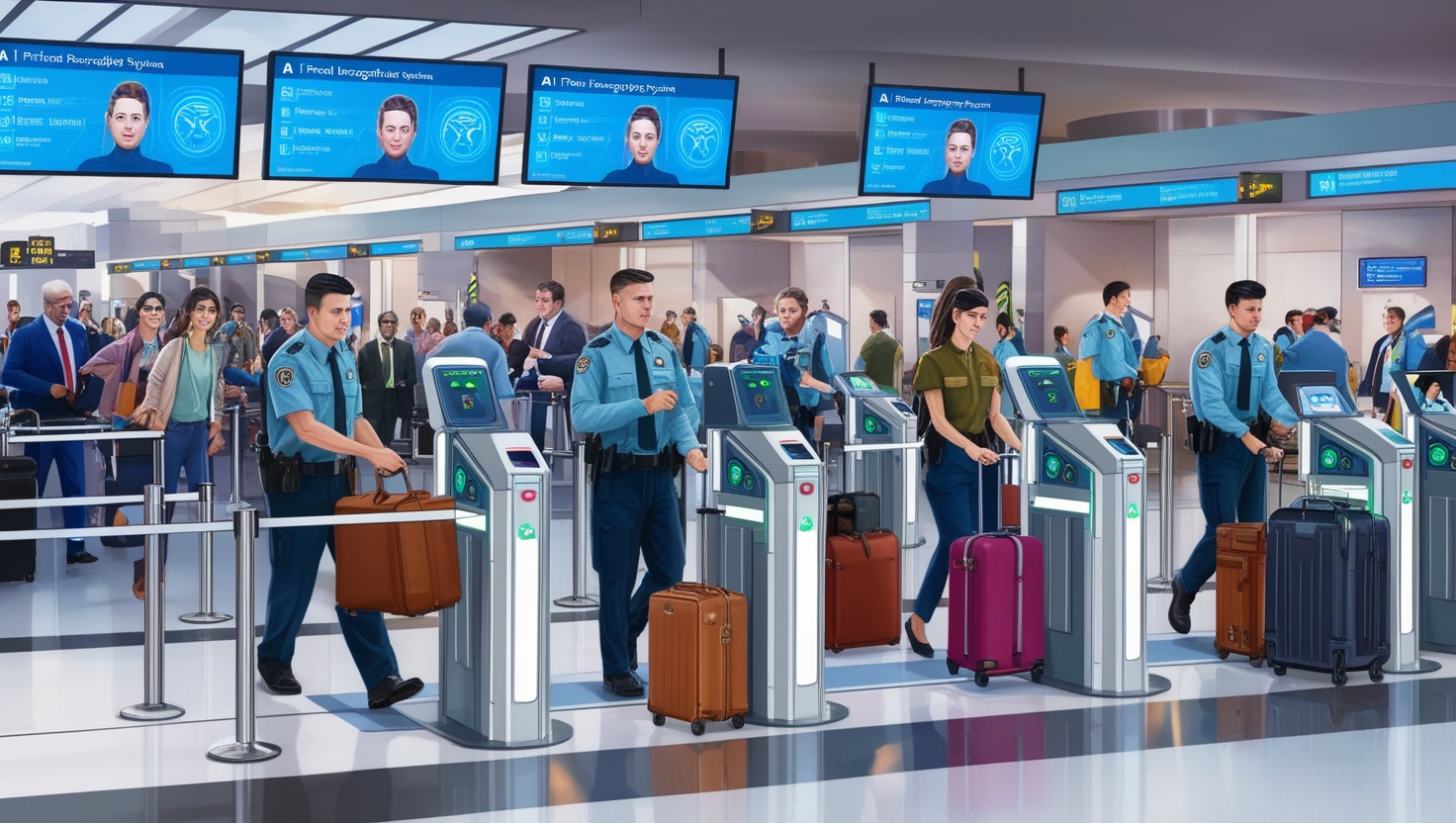
Conclusion
The performance of AI is scaling up on airline management contributing tremendous effects in different spheres including security perspective, flight operation and management and customer satisfaction. Since the approach reduces the time spent on pre-flight work, it can help airlines work better, and provide improved travel experience for passengers.
- AI applications in air travel offer enhanced safety, productivity, and environmental friendliness.
- Airlines will increasingly utilize AI technologies to assist in decision-making, reducing the likelihood of delays.
- These advancements are crucial for adapting to the fast-growing demands of the aviation industry, ensuring a more efficient and responsive air travel experience.
AI has therefore emerged as a critical element that must be integrated in order for airlines to maintain competitiveness – and indeed relevance – in the face of a constantly evolving market landscape. Adopting these technologies does not only lead to growth and safe operations but also optimization of operations to open up the industry towards brighter innovations towards the future.
FAQ
How does AI enhance airline safety?
Safety benefits accrue through the adoption of analytical models and machine learning and the subsequent application in analysis of risk factors, airport surveillance, and security operations.
In what ways does AI optimize flight operations?
AI enhance flight activities by using real time data in determining the best routes to travel, to schedule flights and monitor aircrafts’ performances in terms of fuel and timely arrival.
How can AI improve customer service in airlines?
AI improves customer relations with the help of chat and voice bots, as well as virtual assistants to offer customization to customers as well as helping passengers as and when they need assistance.
What role does AI play in baggage handling?
Automated baggage control saves time through scanning and tracking of baggage; this will decrease the number of bags that are lost in the airports or mishandled, hence a more efficient baggage control.
How does AI contribute to environmental sustainability in aviation?
Environmental sustainability is one way through which AI is useful since it helps the airline to calculate fuel efficiency, analyze operational data so that they can reduce on emissions and even assist in formulating environmentally friendly policies.


